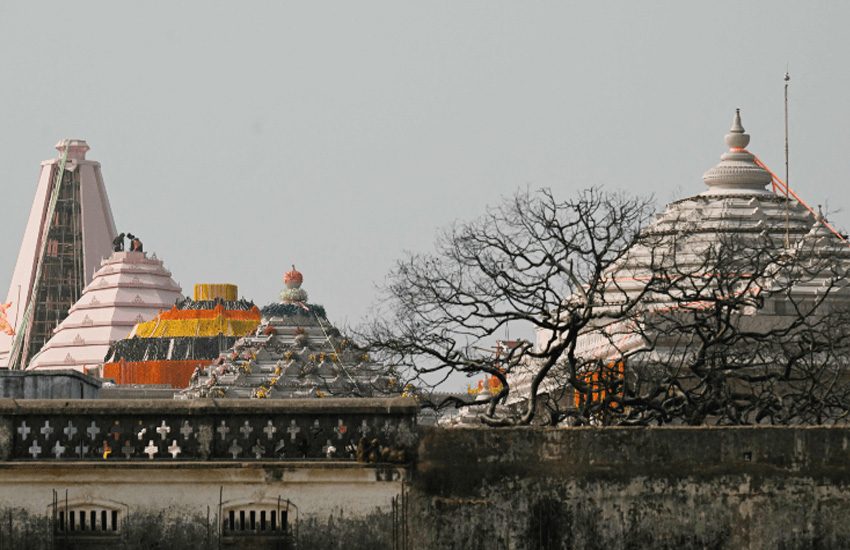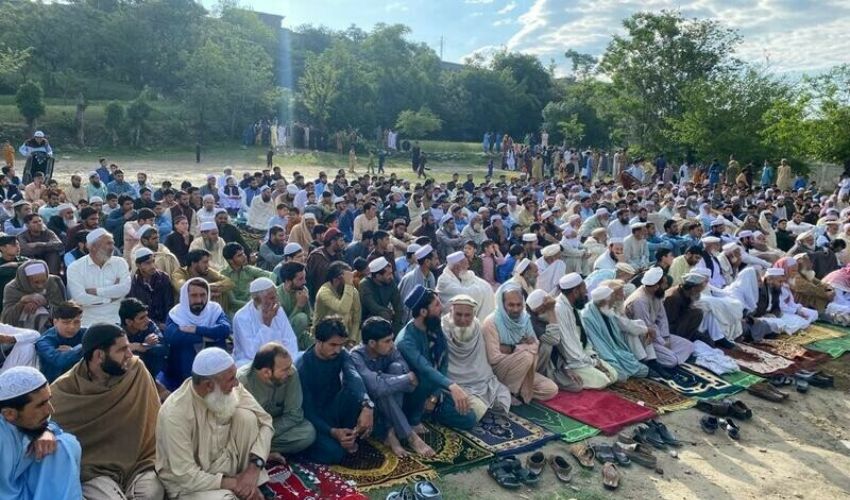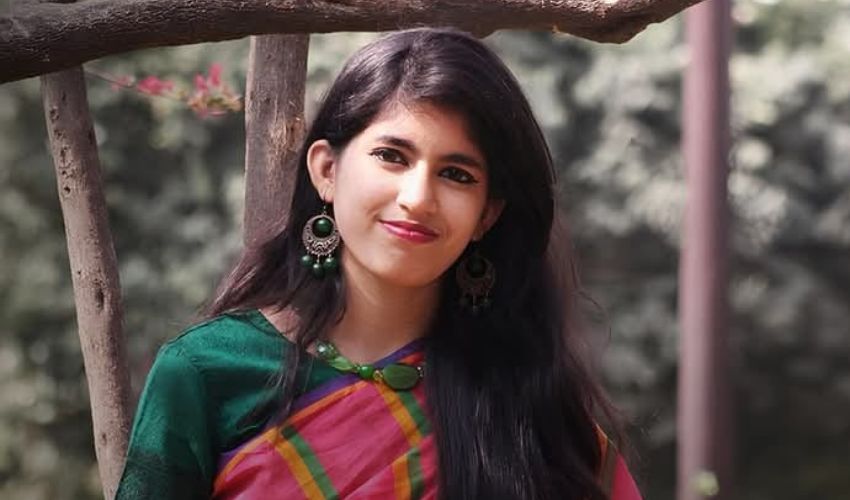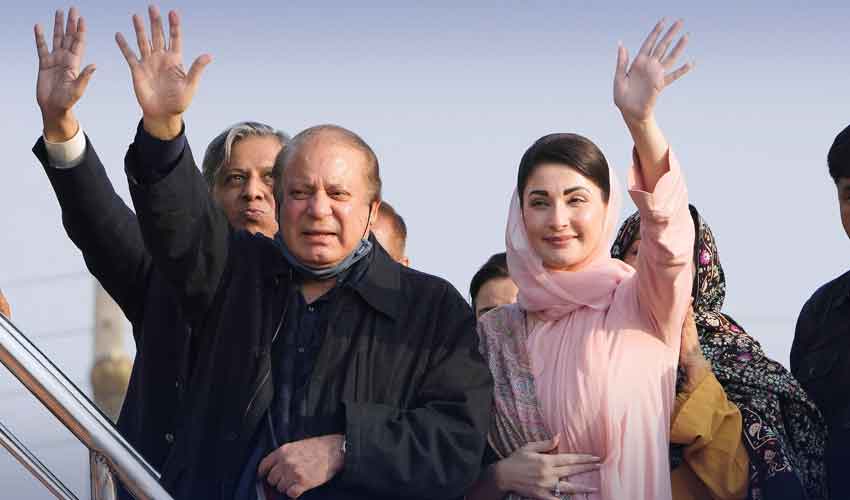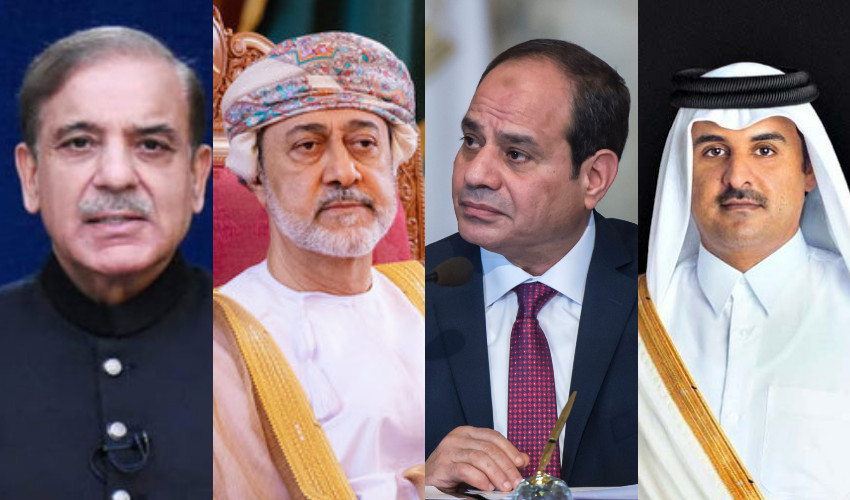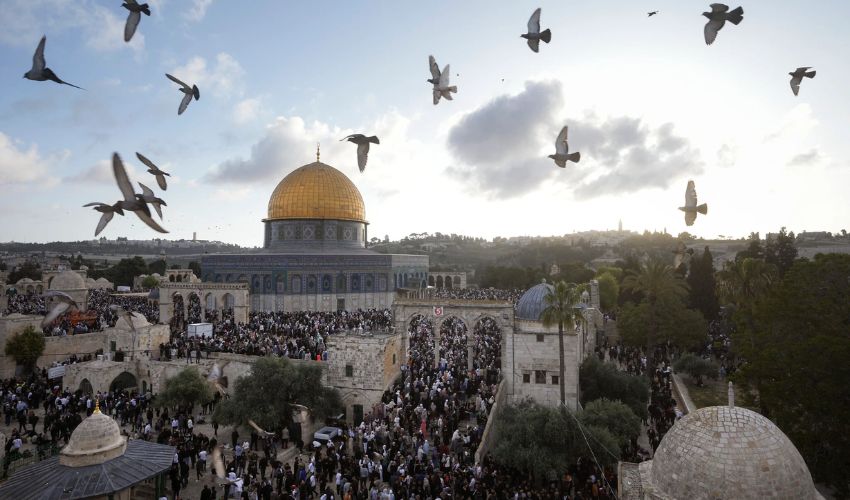Following the grand inauguration of the Ram Temple in Ayodhya, India's minority Muslim community announced plans to begin the construction of a new mosque in the same city later this year.
Haji Arfat Shaikh, head of the development committee of the Indo-Islamic Cultural Foundation (IICF), reveals that the mosque construction is set to commence in May, after the holy month of Ramadan. The project is expected to take three to four years to complete.
While the construction of the $180 million Ram Temple began promptly and the first phase is scheduled to open soon, Muslim groups, facing financial challenges, have struggled to initiate work on the mosque at a distant site. The contrast highlights the divergent paths of the two religious projects.
Crowdfunding efforts
Facing financial hurdles, the IICF plans to launch a crowdfunding website in the coming weeks to gather funds for the mosque project. In contrast, Hindu groups aligned with Prime Minister Narendra Modi's party have successfully raised over 30 billion rupees ($360 million) for the construction of the Ram Temple.
The mosque project faced delays as it underwent a redesign to incorporate more traditional elements, including minarets. Additionally, a 500-bed hospital is planned within the mosque complex, adding a charitable dimension to the initiative.
Masjid Muhammed bin Abdullah
The mosque, named "Masjid Muhammed bin Abdullah" after Prophet Muhammad, reflects an effort to move away from the contentious history associated with the Babri Masjid. The leaders emphasize their goal to foster love and unity among communities, irrespective of individual views on the Supreme Court judgment.
As the consecration ceremony of the Ram Temple approaches, Ayodhya witnessed preparations for dual celebrations, marking significant milestones for both Hindu and Muslim communities. The events aim to signify a turning point in the longstanding discord and promote harmony in the region.





